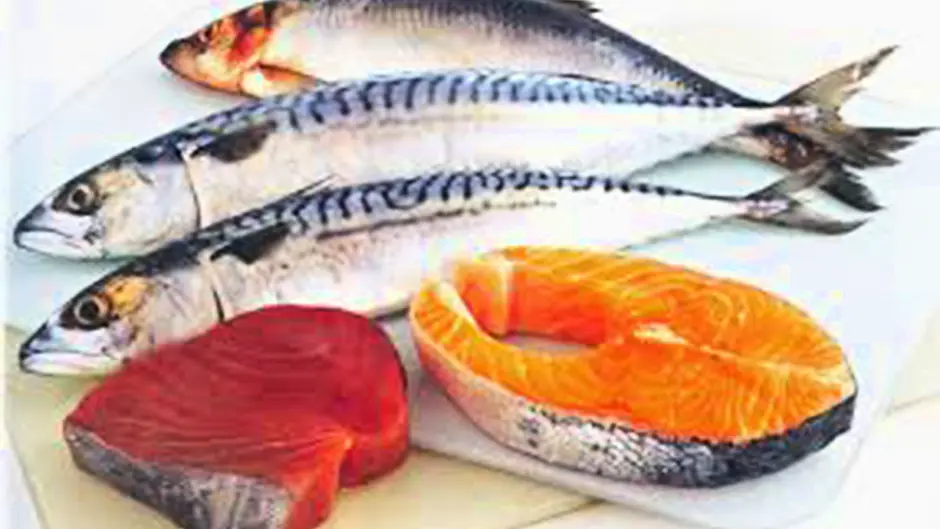February of this year brought shocking statistics that around 145,000 Irish people are affected by malnutrition, in particular older people.
‘Malnutrition is a major clinical and public health problem, as it is the single biggest cause of many of the most chronic and debilitating problems of later life.’ – Dr Marinos Elia, Prof of Clinical Nutrition
February of this year brought shocking statistics that around 145,000 Irish people are affected by malnutrition, in particular older people. Most are living amongst us in the community, but there is also a high concentration of them in hospital wards; being undernourished both contributes very significantly to their health problems, and makes them much less likely to be successfully treated for them. And as recent reports show, the diet they’ll receive in the wards will, appallingly, do little to help matters.
The reasons behind poor nutritional status in the elderly are various: there may be mobility problems, arthritis, or other health issues including digestive problems, fatigue, depression or dementia; there could be financial issues, or they might simply be living alone and disinclined to make much of an effort just for themselves. As we age, we all for example experience a decline in digestive enzymes, levels of vitamin B12, and stomach acid, which help us to break down our food without discomfort and absorb the nutrients from it as well as to prevent anaemia. Most of us become much less active, which can affect the appetite, and various medications can impact on all of these factors.
If dementia is part of the picture people can sometimes forget to eat, or to drink enough fluids, and dehydration is common. It’s a vicious cycle, because a lack of vital nutrients leaves us vulnerable to more fatigue, depression, confusion, and everything from poor immunity to infection to serious falls and broken bones. A loss of body fat makes things like weakened bones and pressure sores – and so more hospital stays – more likely. And Dr Elia notes that the cost is not only to the patient: healthcare costs associated with malnutrition are estimated to run at over €1.4bn a year. One study found that people over 65 with a BMI of under 23 had a significantly higher risk of dying prematurely; if you are concerned about your or a loved one’s weight loss, there is a risk assessor at malnutritionselfscreening.org.
The main thing to remember when it comes to diet is that there is a much greater need for cell repairing, strength building protein in the over 60s, so go for plenty of well digested forms such as fish, poultry, eggs, full fat dairy produce, well cooked beans and lentils, hummus, nut and seed butters (regular nut eaters live longer), and minced or stewed beef. Fish would absolutely be the star food here: packed with protein and easily digested, it also offers iron and vitamin B12 (a common deficiency in the elderly). Oily fish (sardines, herring, mackerel, salmon, trout) is even better, with the omega 3 oils, calcium and vitamin D that reduce inflammation (the root of most disease), oil the joints and strengthen the bones, protect the heart and the brain, and slow ageing at a cellular level.
Add cooked veg, like greens and mashed potato or parsnip, and grains including rice, quinoa and oatmeal. Soups and stews, lasagnes and pasta sauces are wonderful vehicles for all sorts of nutrient rich, tasty things. If you need to keep your weight up, desserts can be freely enjoyed; try stewed fruit and Greek yoghurt or custard, fruit crumbles (made with ground almonds instead of flour for extra protein) with cream, cheesecake, baked apples with ground nuts, honey and dried fruit, carrot cake, almond biscuits or banana, choc chip and ground nut muffins. Try not to rely on white toast, or regular cakes and biscuits, but if it’s all you can face from time to time then it’s much better than nothing.
Older people are also much more likely to suffer from a lack of exposure to sunlight, which is particularly important here because of its role in bone, digestive, heart, brain and emotional health, and the prevention of viral infections and certain cancers.
The latest research reveals that a lack of sunlight can knock years off our lives, and a deficiency in vitamin D (the sunshine vitamin), which is prevalent in the elderly, as much as triples rates of cognitive decline. And if exercise is a possibility, people over 60 who walked for just fifteen minutes a day were 28% less likely to die during the course of the large scale study.
BEST FOODS
These include fish (especially oily fish), eggs, poultry, meat, bone broth, liver, full fat dairy, beans, peas and chickpeas, lentils, nuts and seeds or their products; quinoa, rice, porridge, soft wholemeal bread, pasta, noodles, wraps, barley, millet etc; all cooked veg and fruit but especially greens and brightly coloured ones, beetroot, potatoes, sweet potatoes, avocado, berries, bananas, oranges, dried fruits like prunes and figs, stewed fruits; marmite, pickles, seaweed flakes; dark chocolate, molasses, a little red wine, tea, green tea, coffee. Supplement high strength vitamin B complex, vitamin D and omega-3 or cod liver oil. If there are digestive issues, choose from digestive enzymes, gut nourishing and healing glutamine, and a good probiotic such as Bio Kult.








